Aftenposten, 5 January 2017
Per Anders Johansen
Saint Petersburg
Aftenposten's correspondent
Since 2009, more than 400 Norwegian children have been conceived at this clinic in Saint Petersburg, after regular fertility treatment or as a result of egg donation by Russian women.
400 Norwegian babies have been conceived at this Russian clinic. Guarantees a baby for 225.000 kroner – or your money back
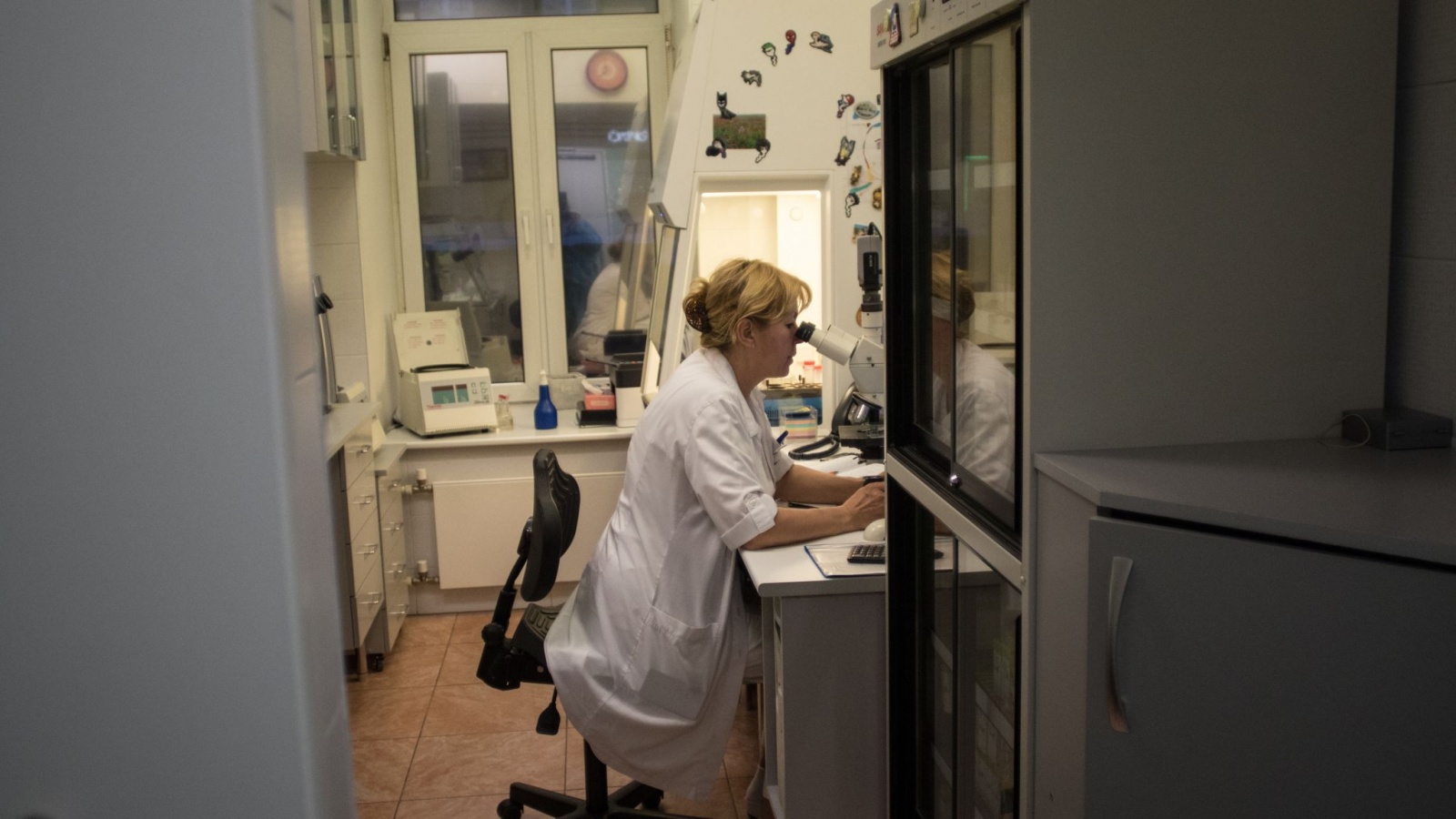
Photo by Gina Grieg Riisnæs
From the outside it looks like a pharmacy. Behind the doors of the clinic in Saint Petersburg, Russian doctors see to it that Norwegian women up to the age of 51 get pregnant.
The O.L.G.A. Fertility Clinic is situated close to the main street Nevsky Prospekt in Saint Petersburg. More than 400 healthy Norwegian children have been conceived here, after regular fertility treatment or as a result of egg donation by Russian women. The first few years about 50 Norwegian women came here every year. Now that number is increasing significantly. In 2016 more than 70 Norwegian women will have one of their greatest desires in life become a reality here:
— Most of the patients that we approve for treatment, give birth to a baby, says doctor and fertility specialist Olga Zaytseff.
When the Norwegian women have embryos transferred from Russian women, 60% get pregnant in the first attempt and 49% give birth to a baby.
— It's very rare that someone needs more than three attempts, Zaytseff says.
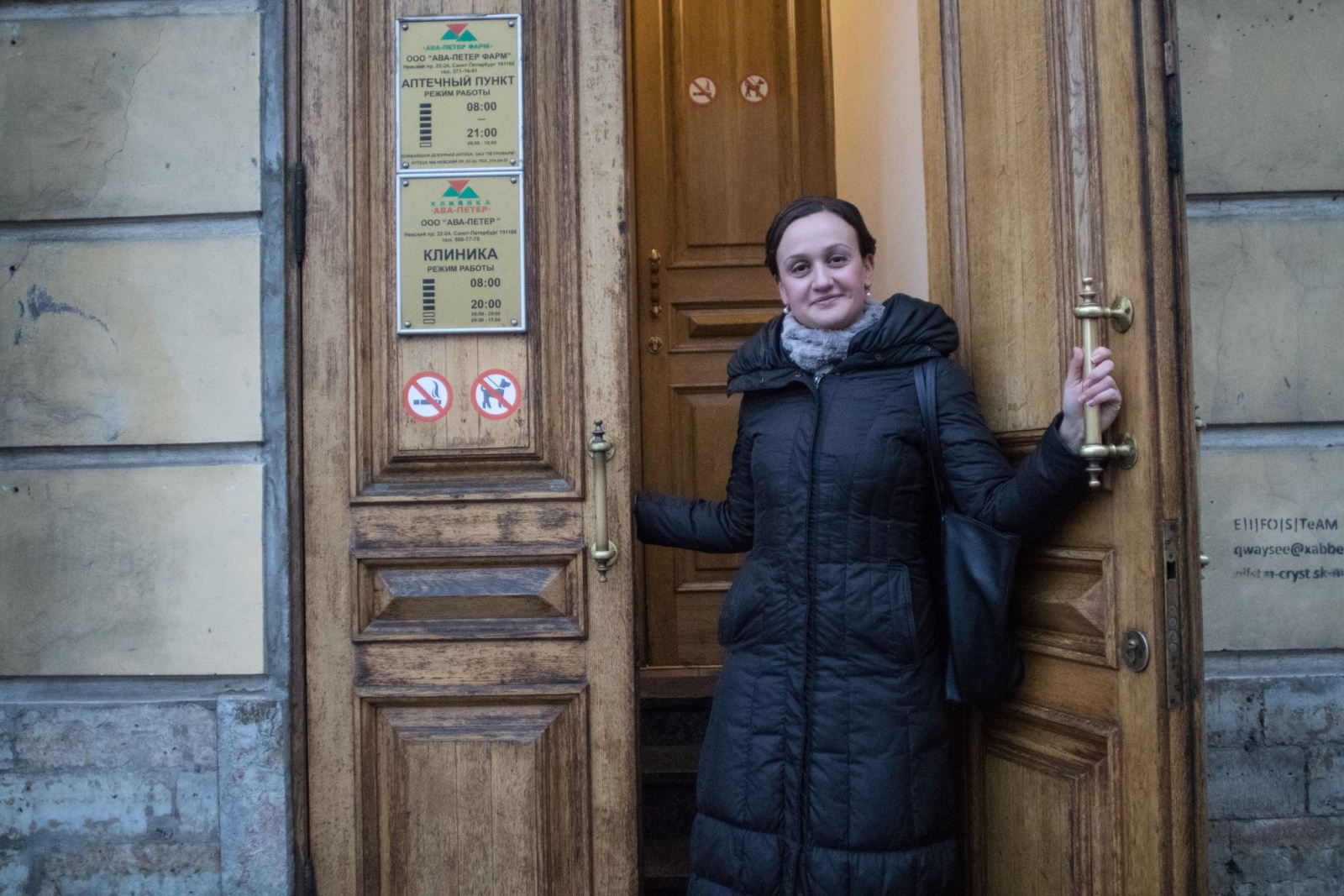
Behind the doors of O.L.G.A. Fertility Clinic in Saint Petersburg Doctor Olga Zaytseff sees to it that Norwegian women up to the age of 51 get pregnant.
Photo by Gina Grieg Riisnæs
Baby – or your money back
The Russians are so confident in their results that they introduced a "baby guarantee" in 2015.
— This means that the woman will get a 70 per cent refund if she hasn't had a baby after three donor attempts, Zaytseff tells Aftenposten
Many of the women have spent large sums of money, but not had a baby, before they go to Russia.
—The money back guarantee assures women that the clinic will do all that can be done, in order for them to get pregnant. If it doesn't work out, they will still have financial means to adopt or move on with their lives.
'You can be married, in a same-gender relationship, or single,' it says on the clinic website — in Norwegian.
Get to choose from the database
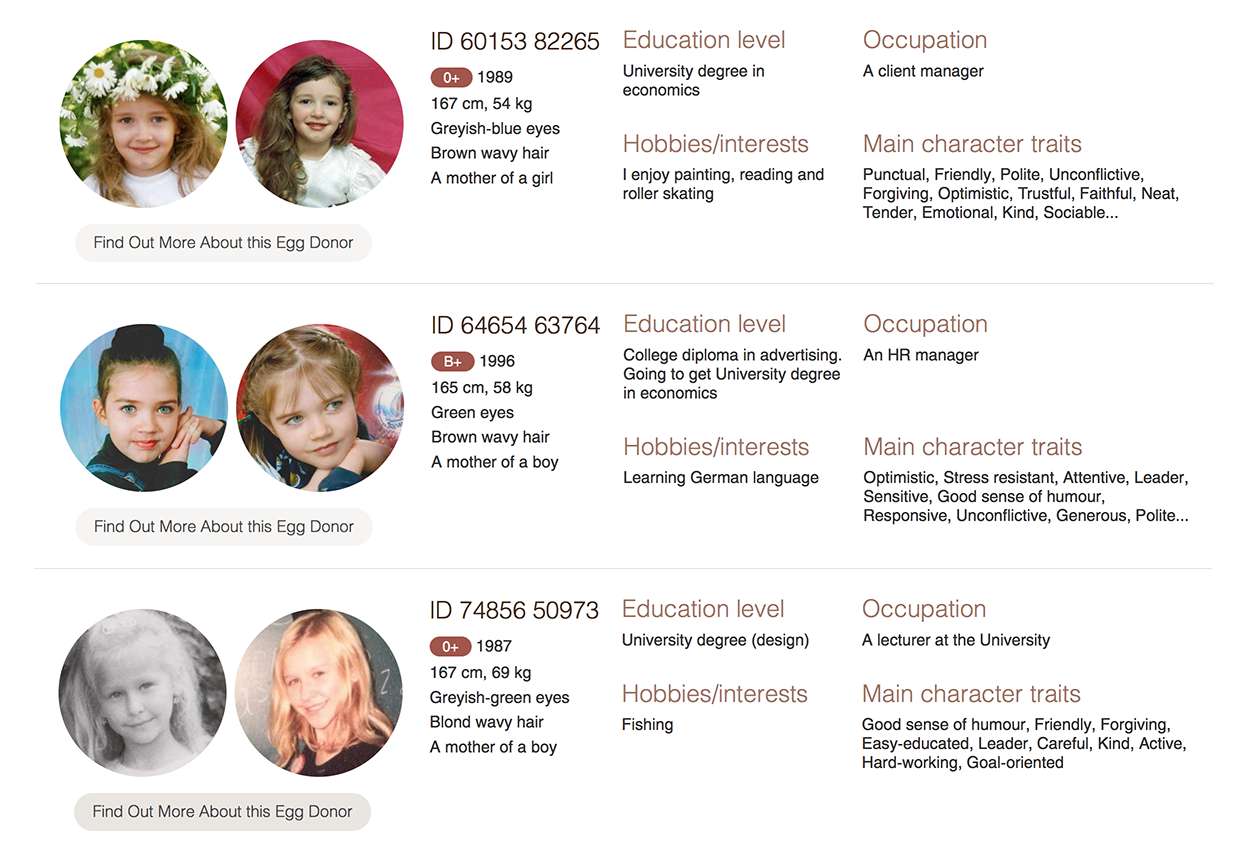
Would you like a child that looks like one of these girls? Photos of the Russian egg donors show what they looked like as children. That way Norwegian women can choose donors that resemble themselves.
Olga Zaytseff and her colleagues have developed a database where women at any one time can choose between 150 available egg donors. They can also look at children's photos of the donors up until the age of 12.
'I like to paint, read books, and roller skate,' a Russian 27 year old woman writes. She's 167 centimetres tall, weighs 54 kilos, has greyish-blue eyes, brown, wavy hair and has a university degree in economics.
'I'm both a parent and an egg donor. I'm happy that someone else, thanks to my eggs, get to experience the same as me.'
One of the other donors is introduced as '25 years old, greyish-green eyes, blond, straight hair, 165 centimetres tall, and 60 kilos, with a law degree and a daughter.'
'If a child can be conceived this way, it can only happen with the Lord's blessing', the egg donor writes, and she also shares that her hobbies are 'sports, dancing, and poetry'.
Facts
These types of treatment are forbidden in Norway
These are the types of treatment that women that travel abroad undergo:
- Assisted fertilisation treatment for single women. Not allowed in Norway.
- Egg donation. Not allowed in Norway.
- Assisted fertilisation treatment with an anonymous sperm donor. Not allowed in Norway, neither for single women nor couples.
- Using a surrogate mother. Not allowed in Norway.
- Freezing eggs. Not allowed in Norway, unless there's a medical reason for it.
- Embryo donation. Fertilised eggs (embryos) that are left over after IVF treatment, are given to another woman. Not allowed in Norway.
Find women that resemble themselves
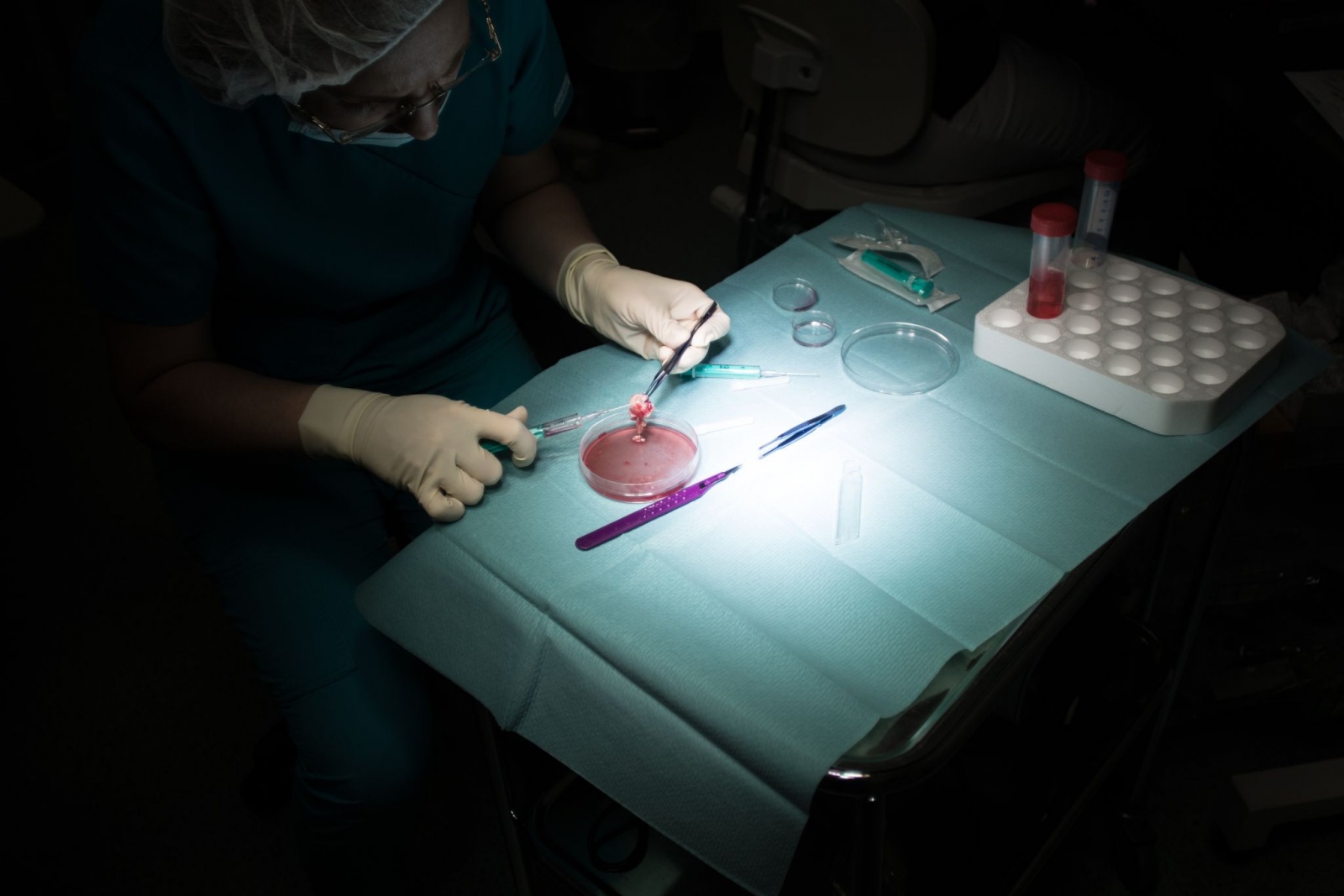
Fertility specialist and doctor Olga Zaytseff and her colleagues have seen to it that hundreds of Norwegian children have been conceived here during the last seven years, including with the help of hundreds of Russian egg donors.
Photo by Gina Grieg Riisnæs
The database makes it possible for them to take personal wishes into consideration, Zaytseff explains:
— They can look at photos of the donor up to the age of 12, or they can sort the database according to their own physical appearance, for instance by hair and eye colour, height, and weight.
— What matters the most when women select an egg donor?
— To many women physical likeness is very important. But one of the most important aspects is actually the personal letter that the donor writes about herself, her family, education, interests, her thoughts and feelings, and why she has chosen to be an egg donor.
Want children with blue eyes and blond hair
The reason why so many Norwegian couples have chosen Saint Petersburg, is that there's a greater chance of finding donors that resemble Norwegian children, the fertility specialist states.
— Many of the Norwegian couples that come here, have blue eyes and blond hair, and that means they don't want to have children with brown eyes. If they go to Greece or Spain, they are likely to get a donor with brown eyes. In that case, it will be obvious that they’ve had a baby with the help of a donor.
— Why is that of such significance?
— It's really important that the parents are at liberty to choose when to tell the child, and whether they should tell. To some this is of no significance, because they have been open about it, but to others this might be an issue.
— Don't the doctors generally make this decision in other countries?
— Some might think it cynical for a woman to sit and pick genetic parents for her future child. But to modern Western women it's unacceptable to have someone else make that decision for them, Zaytseff says.
— There are many reasons why women end up doing it like this, some have opted out of family life to pursue higher education and a good job. When they finally have the time and opportunity to start a family, they discover that it's too late to become a mother by using their own eggs. When they look for a donor, they want to have some influence on who it is.
Have children up to the age of 51
In Saint Petersburg the age limit for treatment is 51 years.
— To have children at that age really isn't an ideal situation. Ideally, children should be born before the mother reaches 35. But who gives us the right to judge these women, providing they're healthy and capable of going through a pregnancy?, Zaytseff asks.
What matters the most to the Russian doctors is whether the woman is of good physical and mental health, not whether or not she's over 50.
— Fortunately, women from Scandinavia tend to be fit and healthy, due to a healthy lifestyle, ecology, and eating habits, compared to, for instance, women from Germany or the UK. So, we're more than happy to treat Norwegian women in their late forties. And our results are excellent, the Russian fertility specialist proudly says.
The donor receives 11.800 kroner
The Russian women that donate eggs, are paid 1 300 euros, the equivalent of 11.767 Norwegian kroner.
They have to have given birth to children of their own, and they have to sit through interviews and undergo several health examinations, before selection. 90 per cent are rejected. The clinic takes into consideration what motivates the donor — the donor should have a desire to help women that have no children. That's part of the reason why it's important that they have given birth to children of their own.
Generally, they have to have a university-level education in order to be selected.


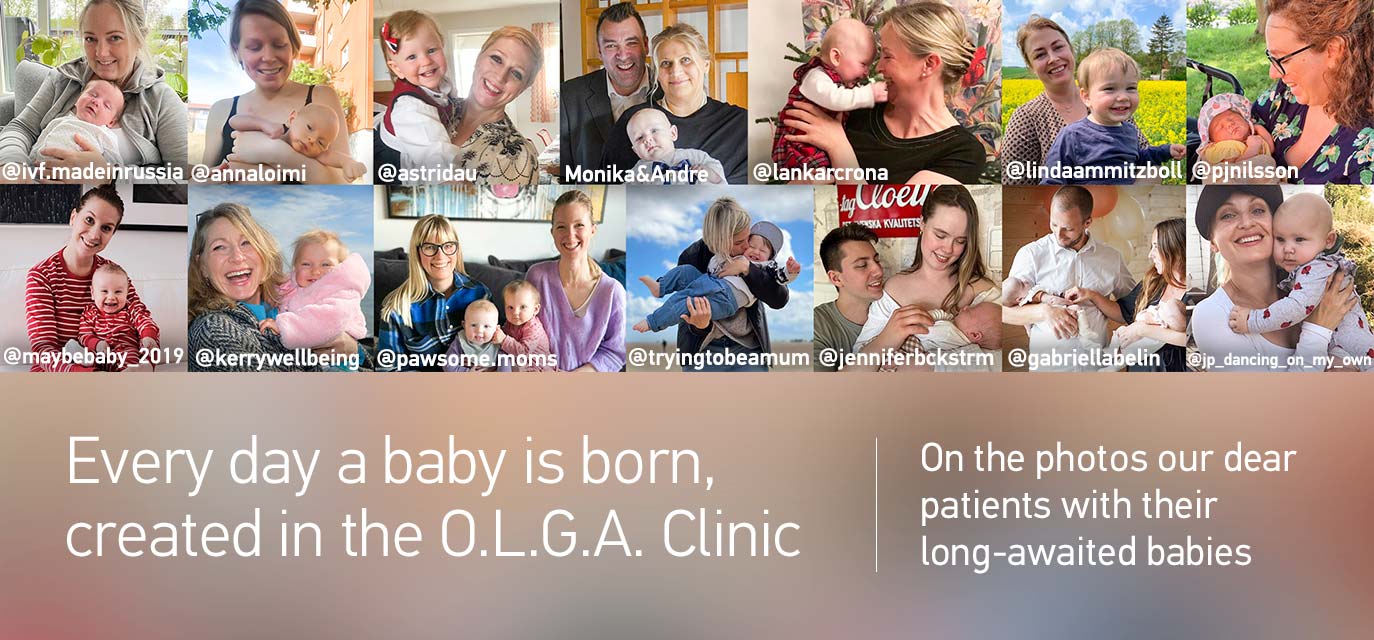

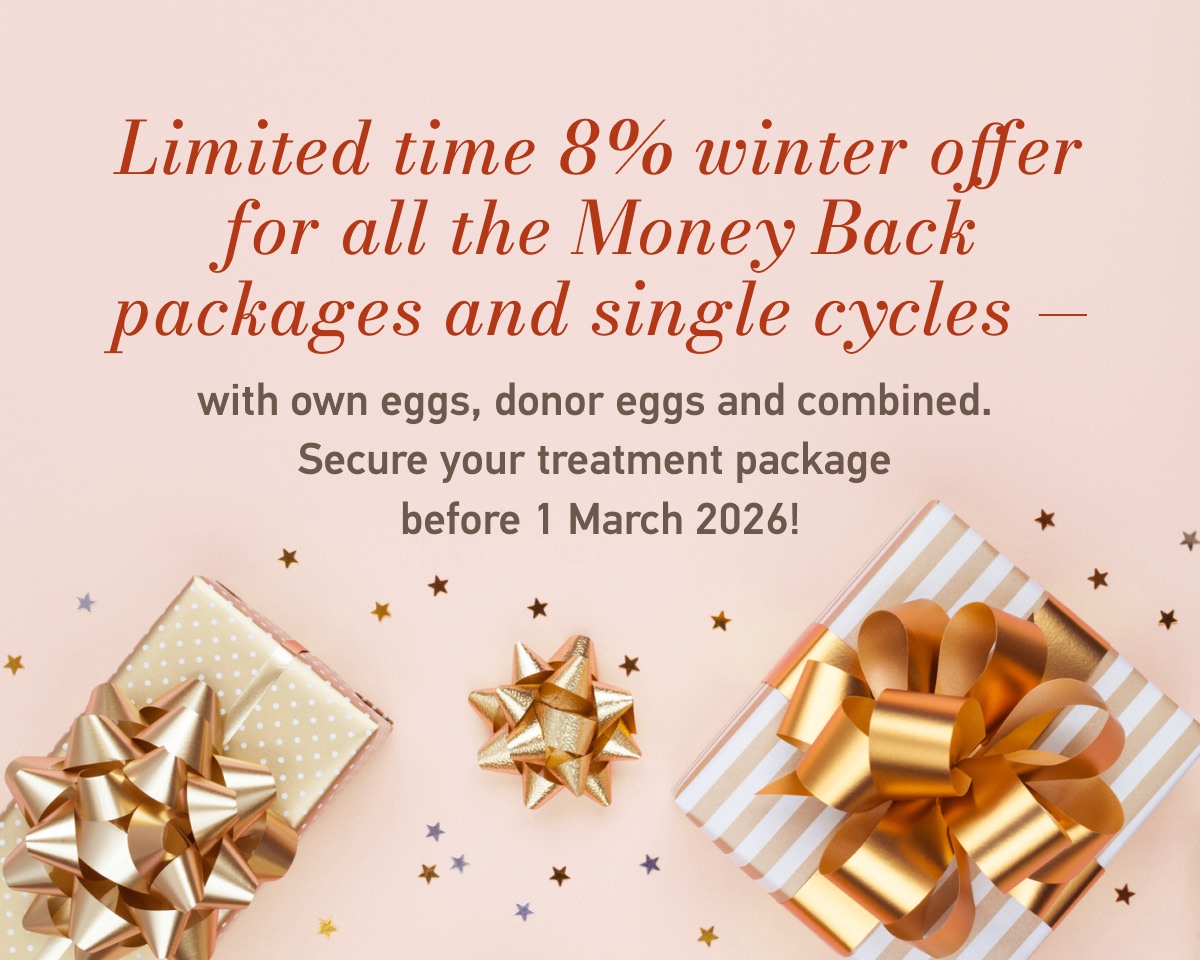
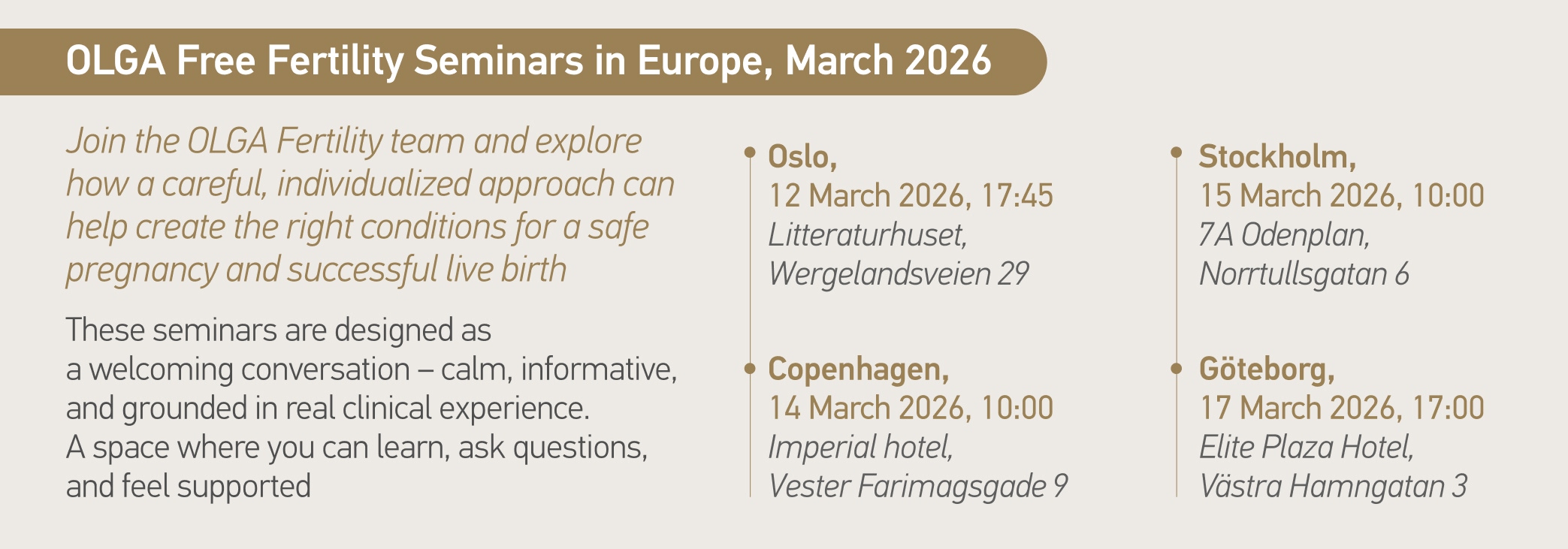
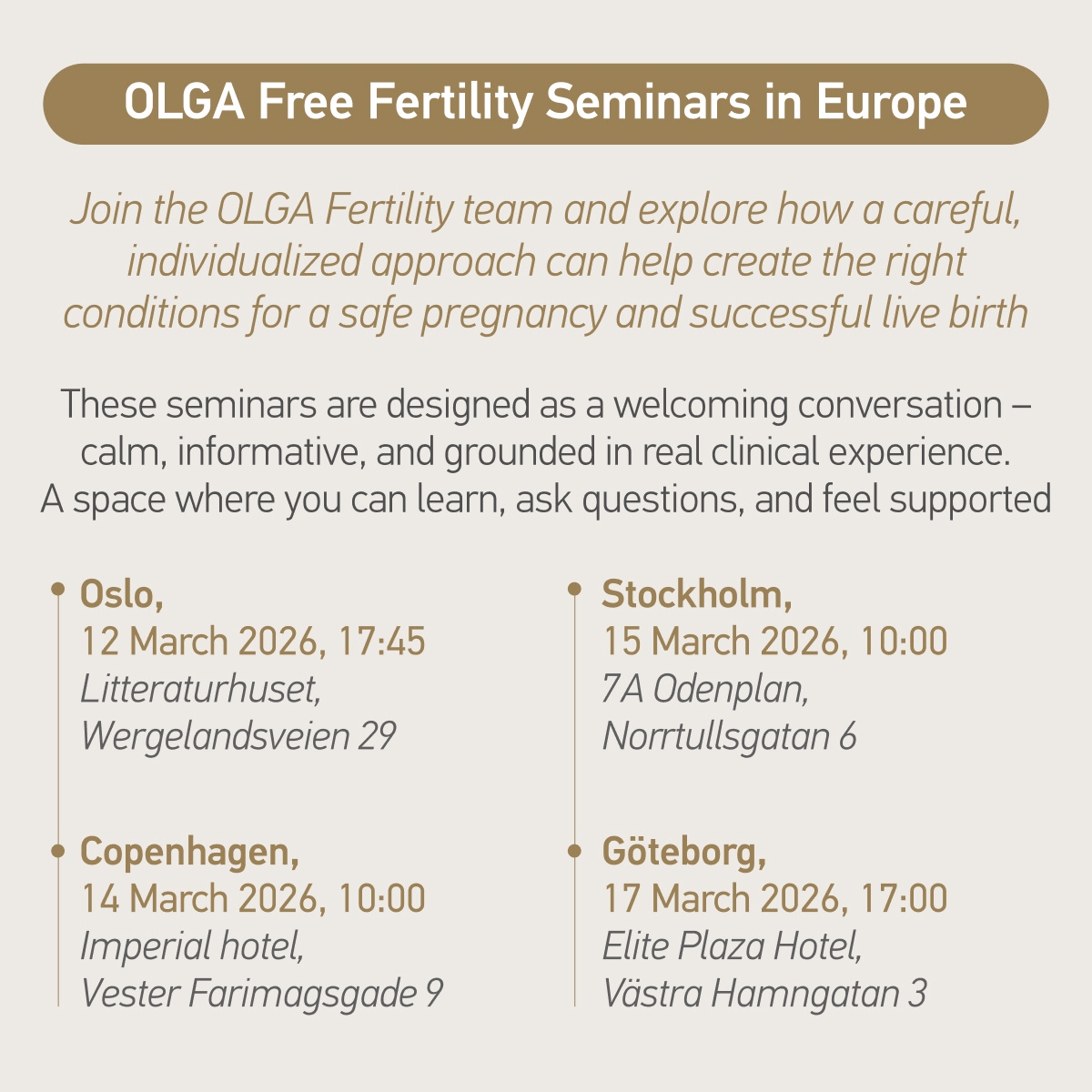
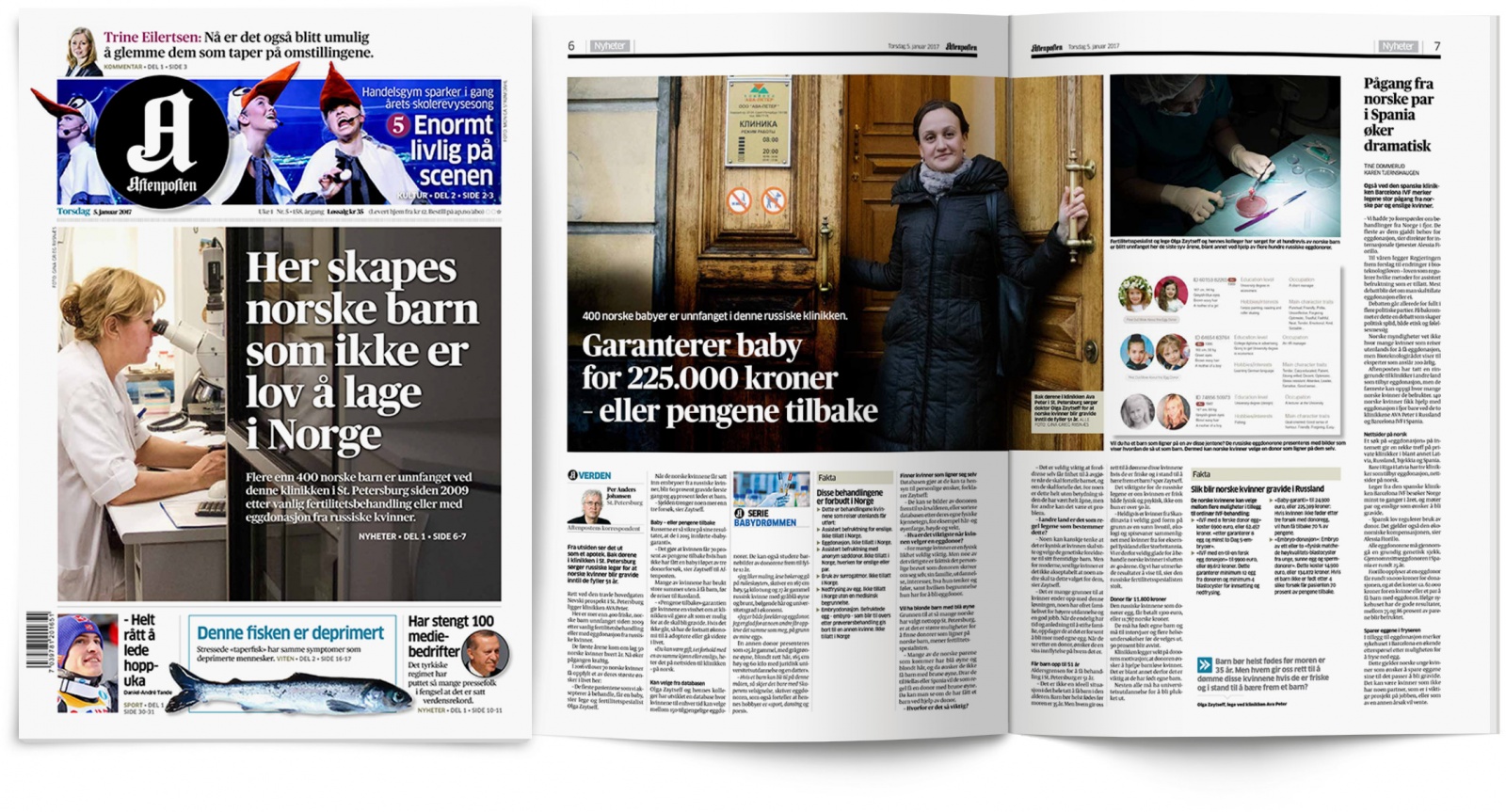


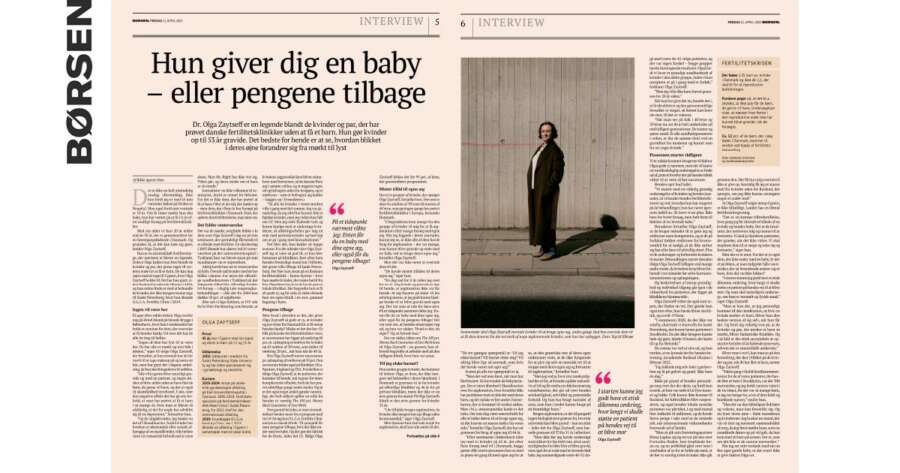
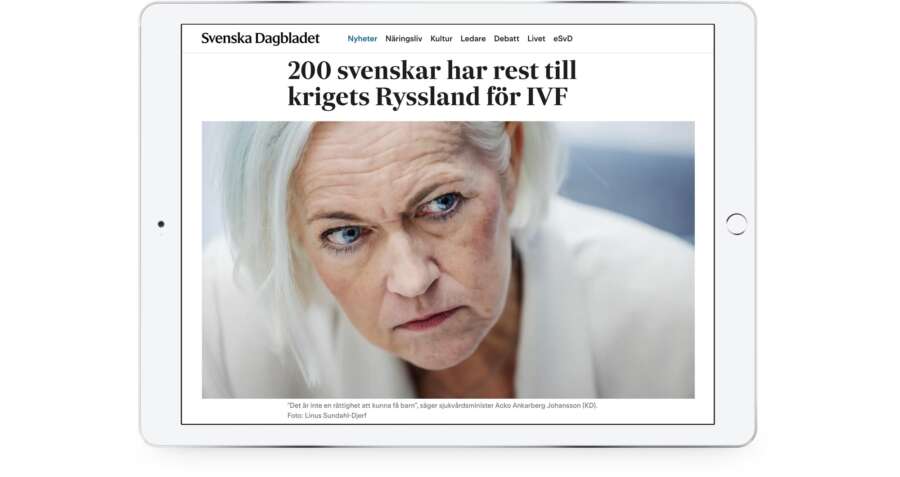

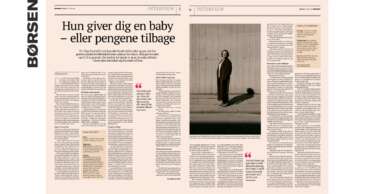
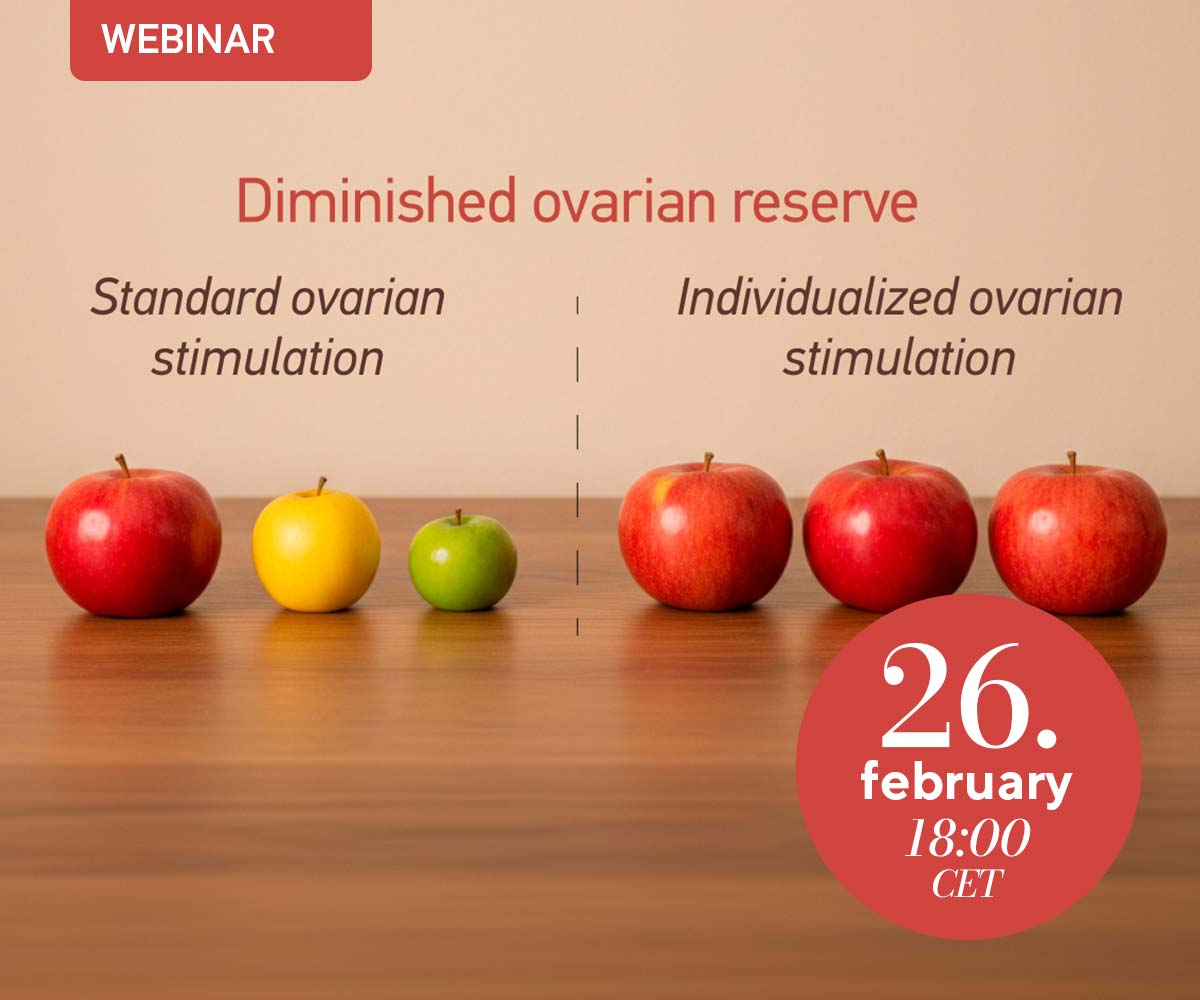
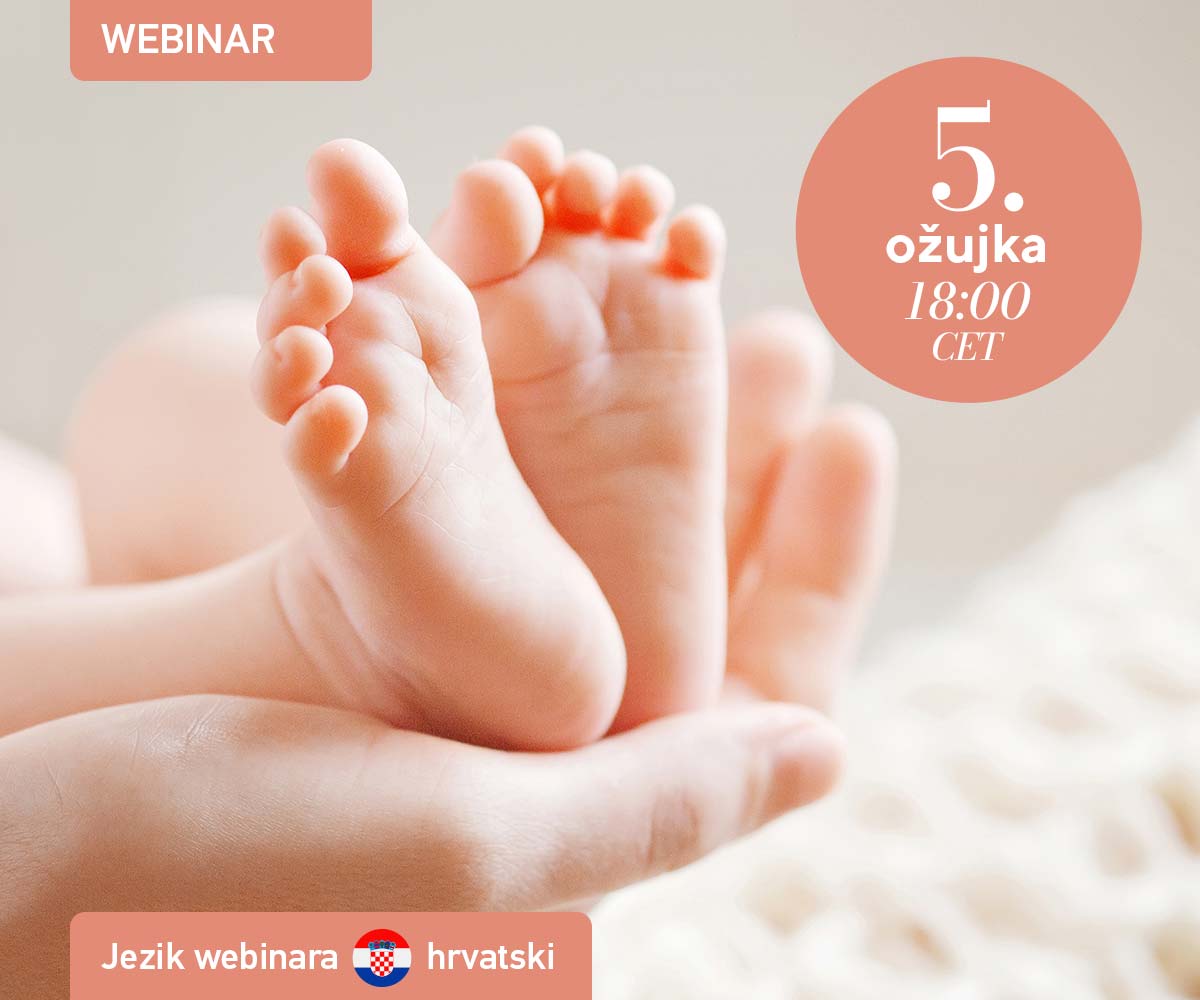
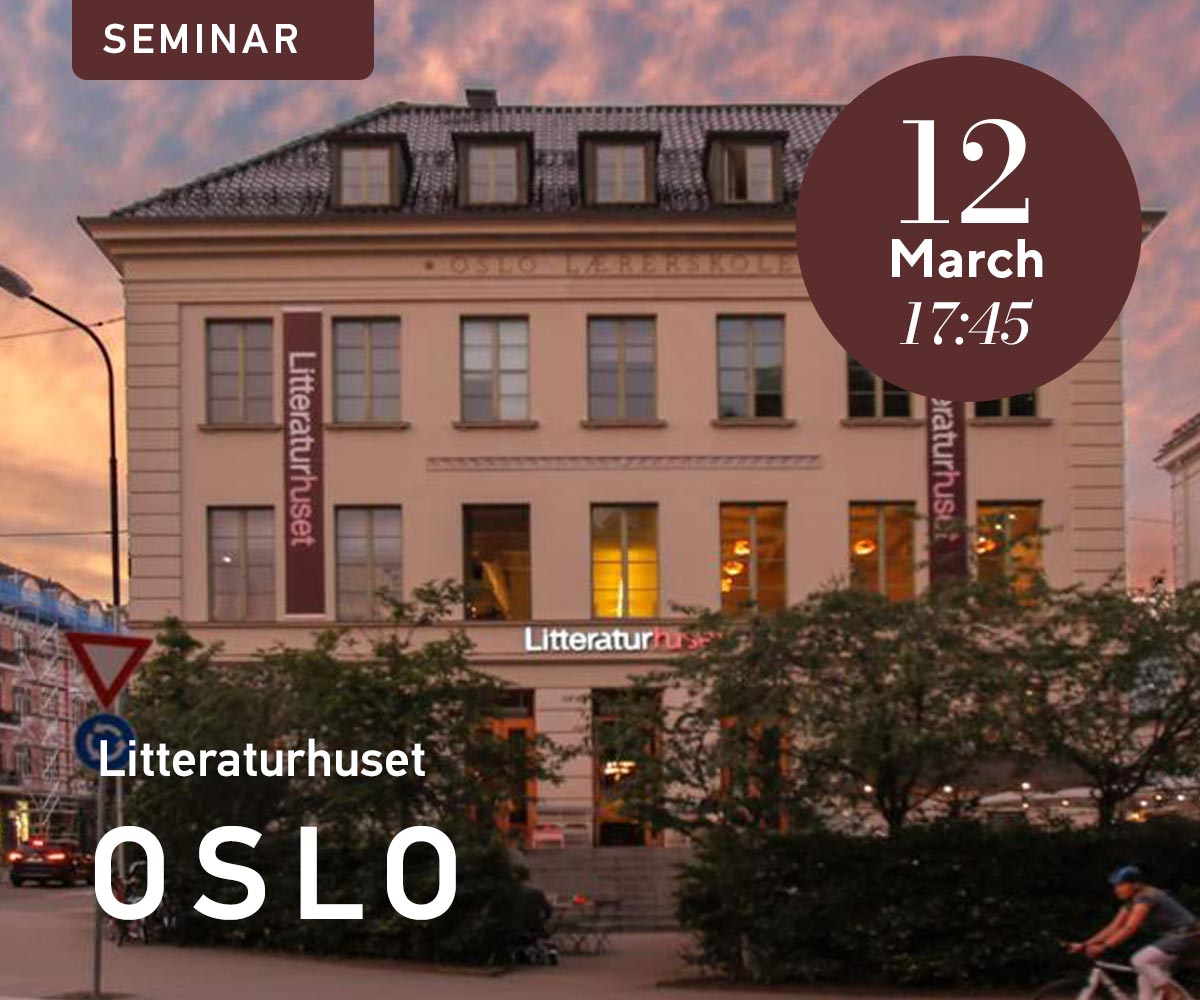
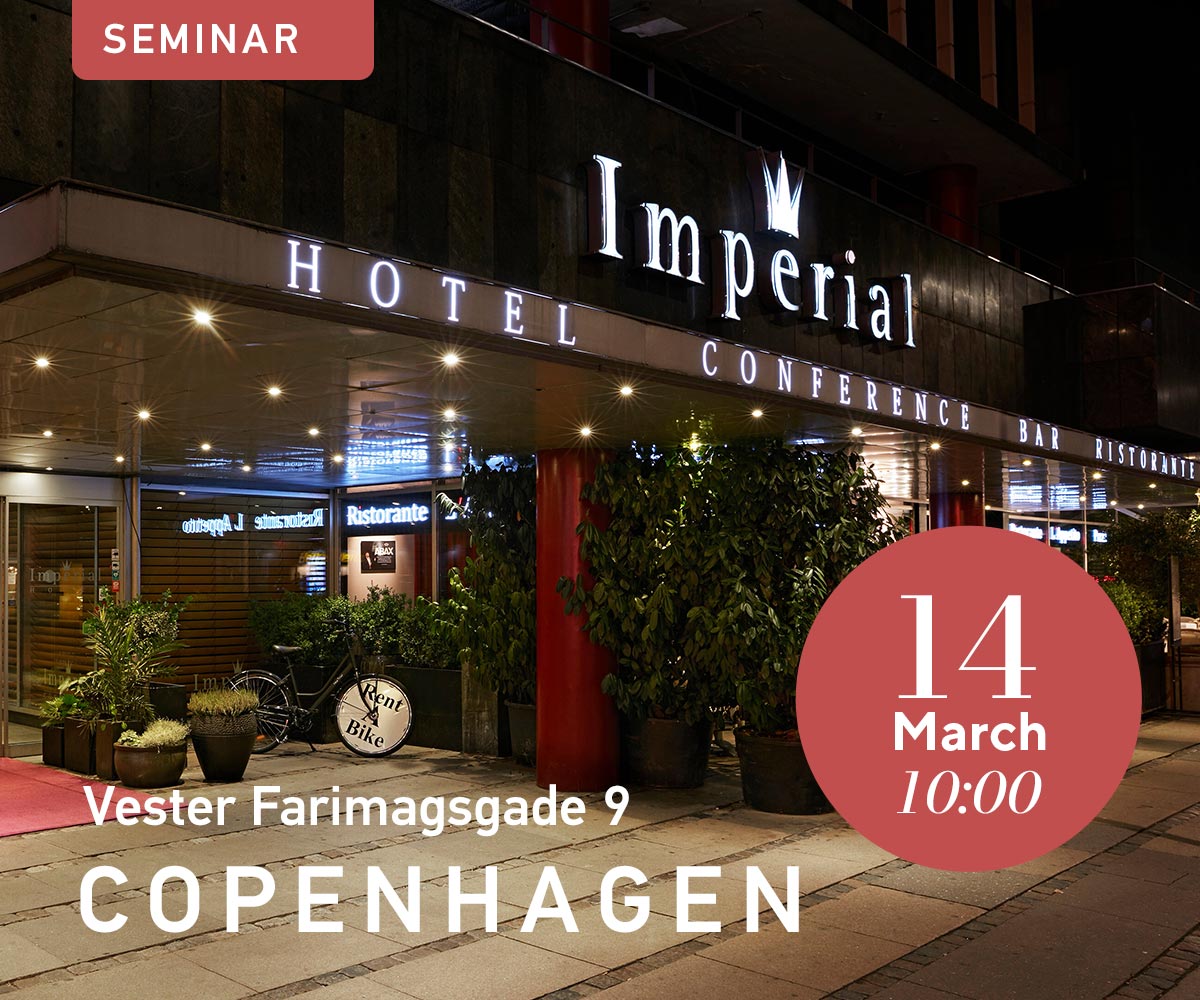
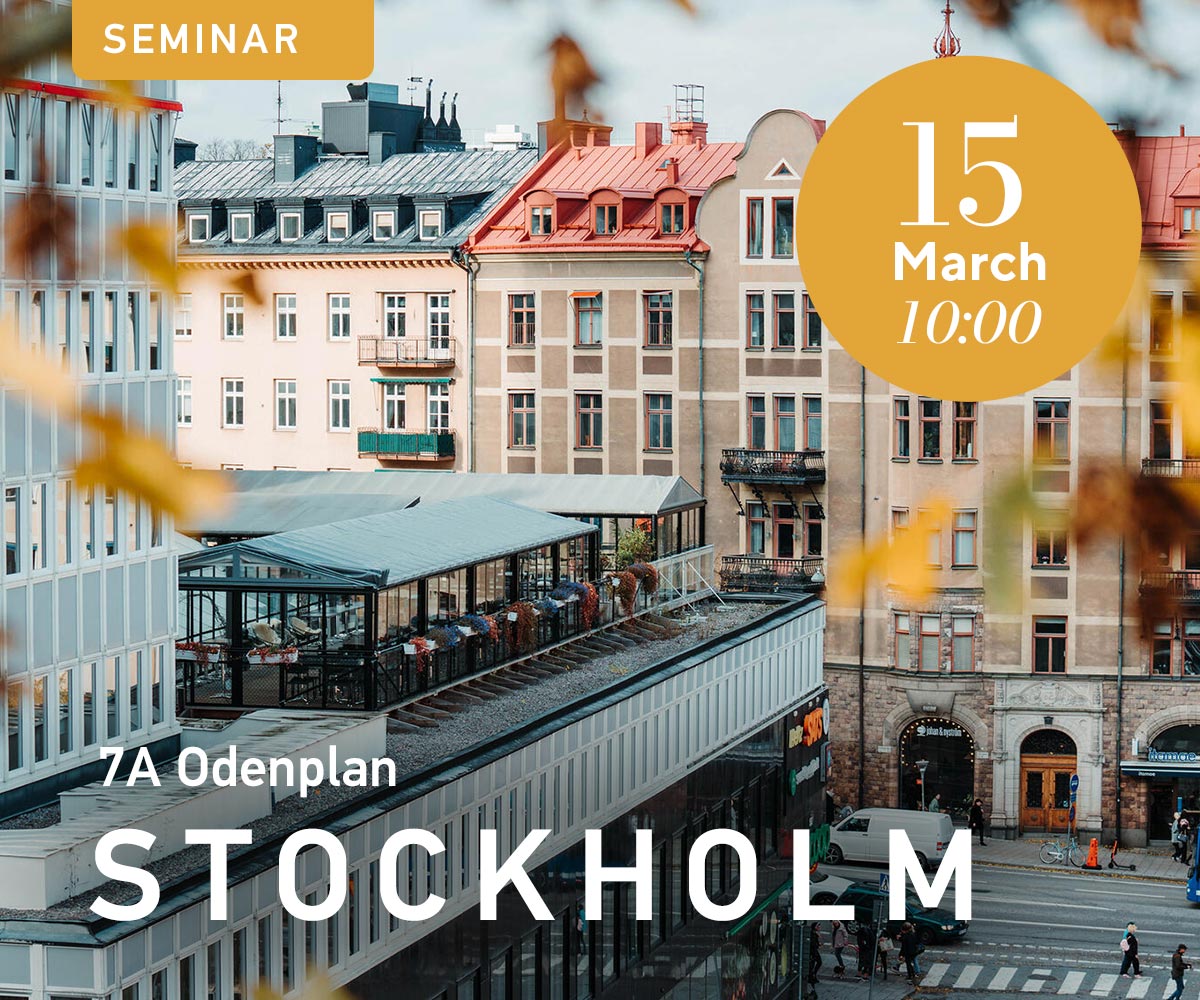
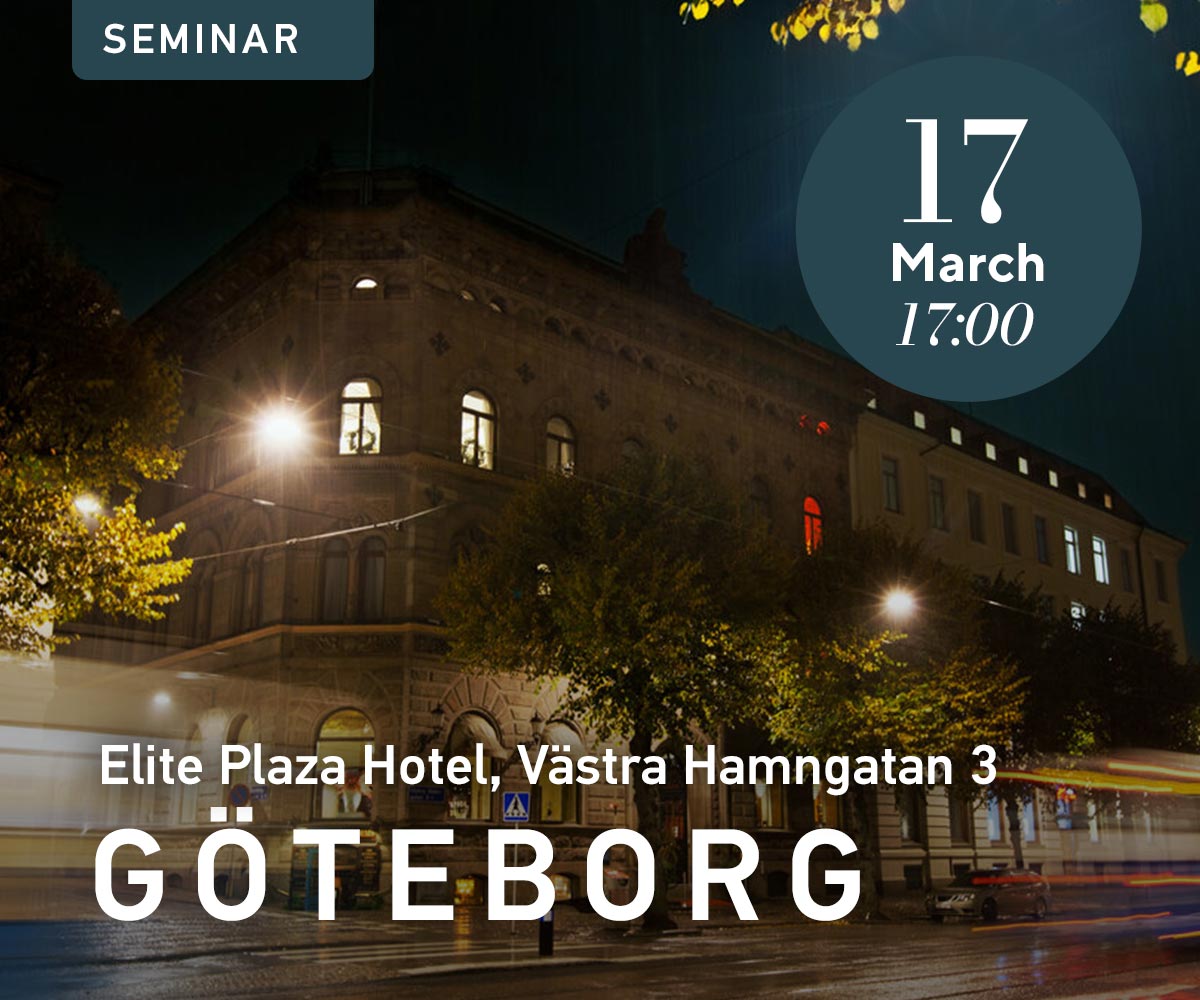
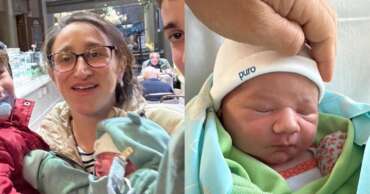
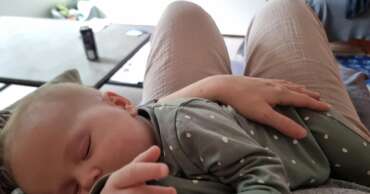
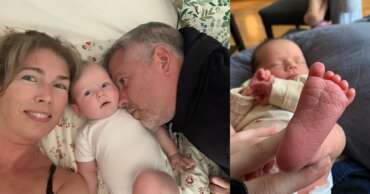
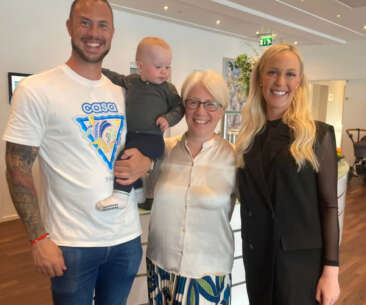
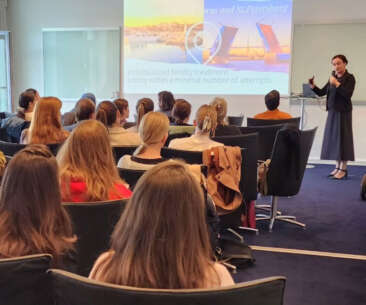
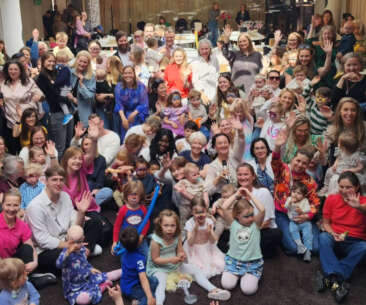
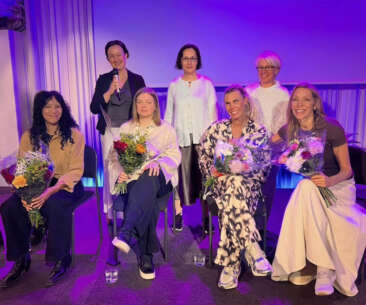
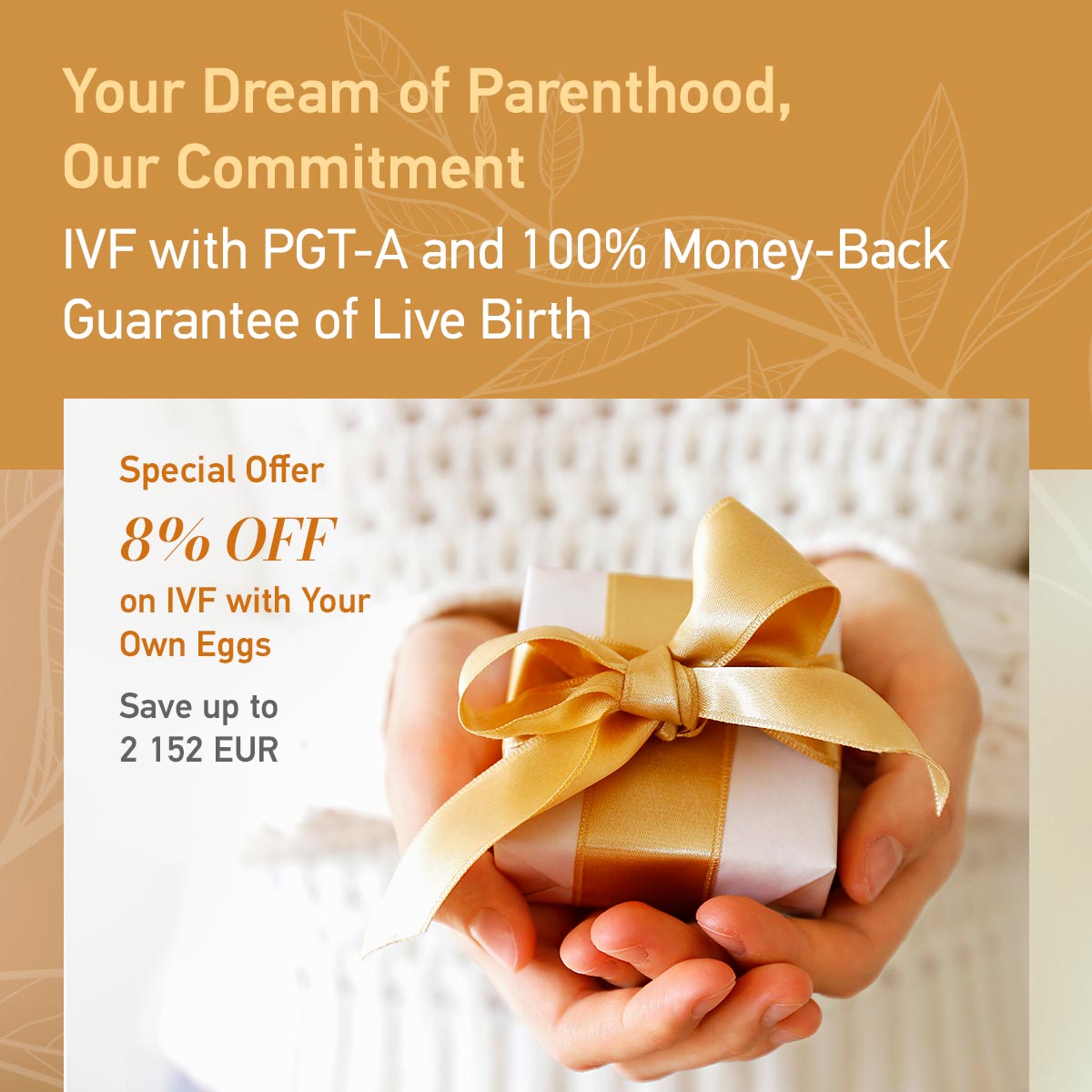
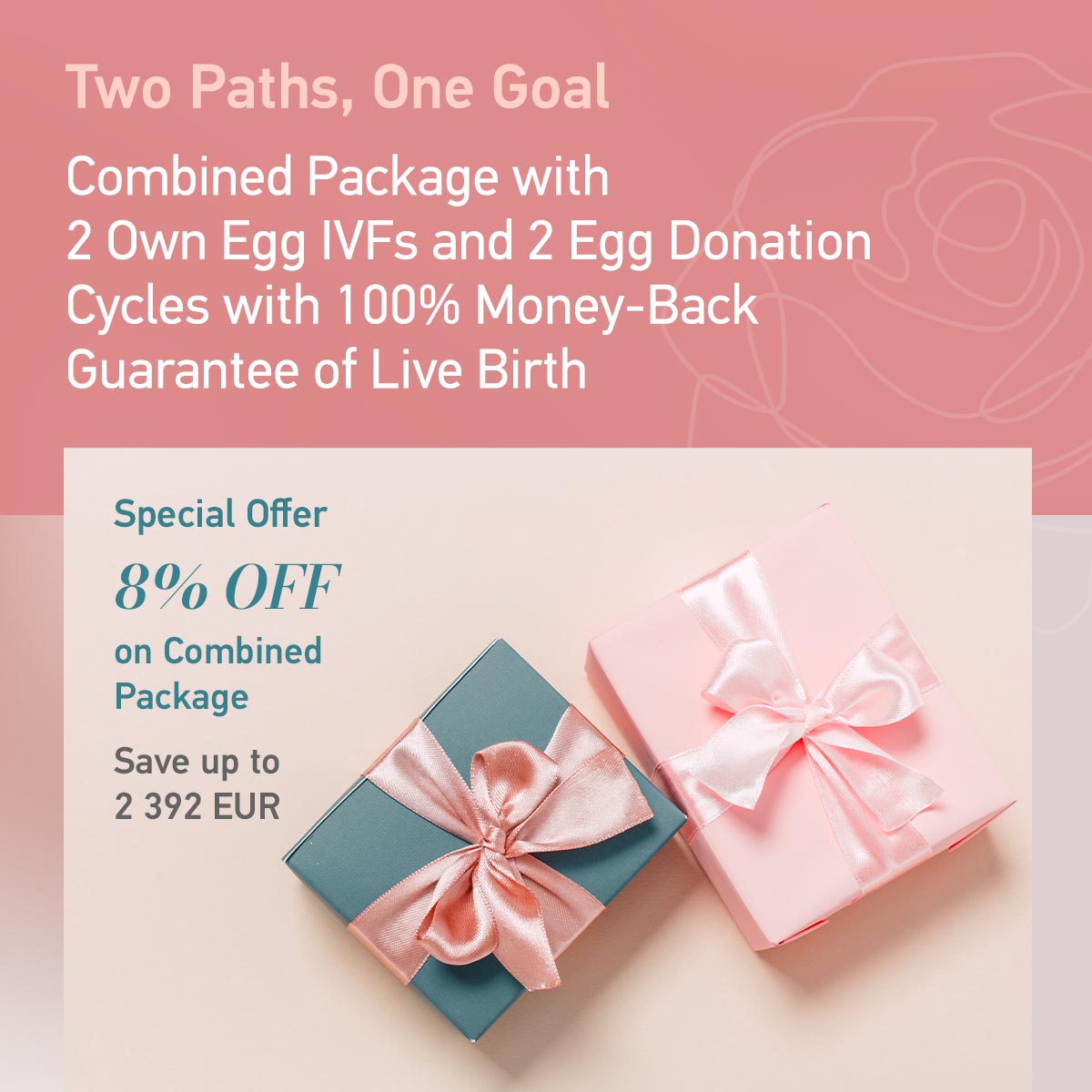
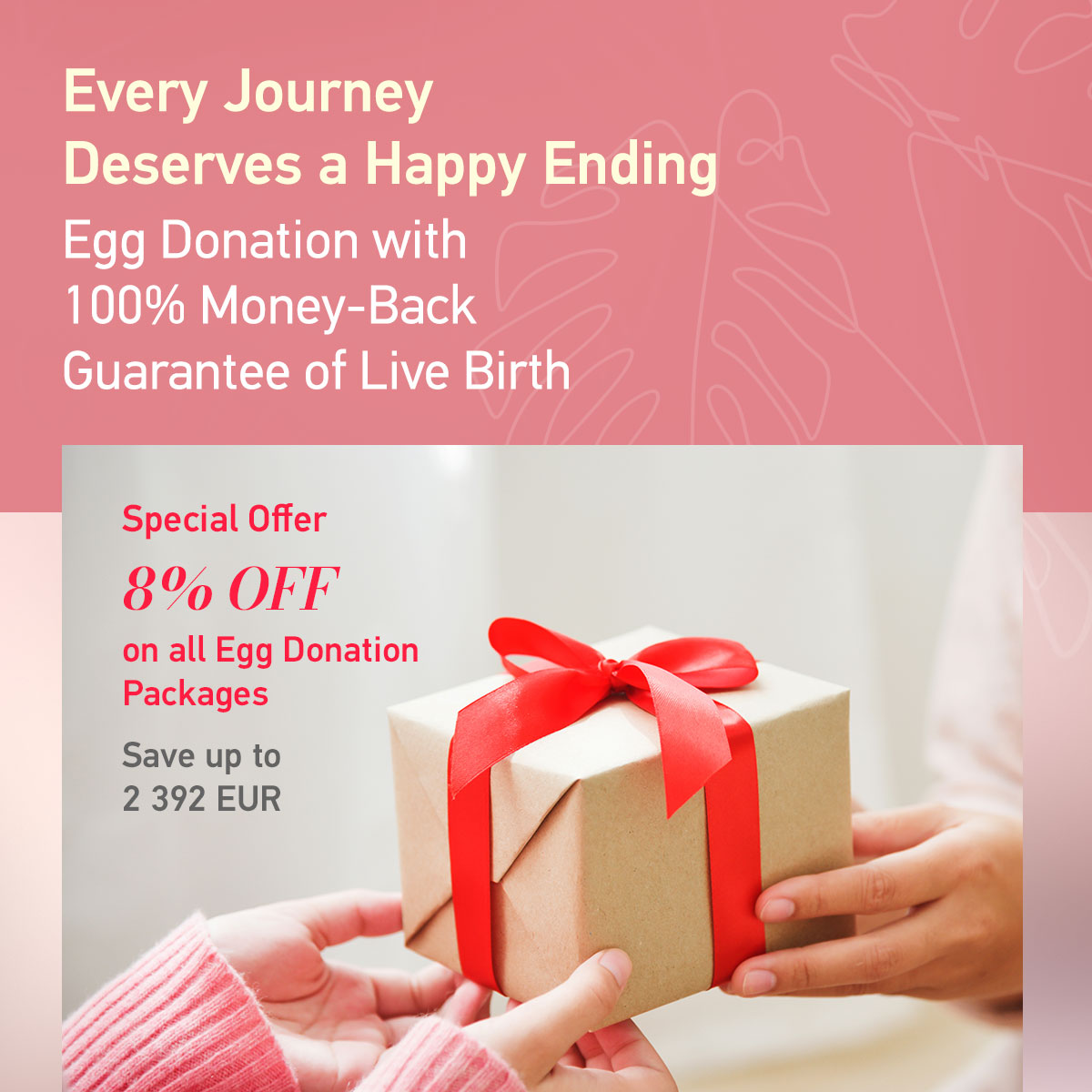



Comments are closed.